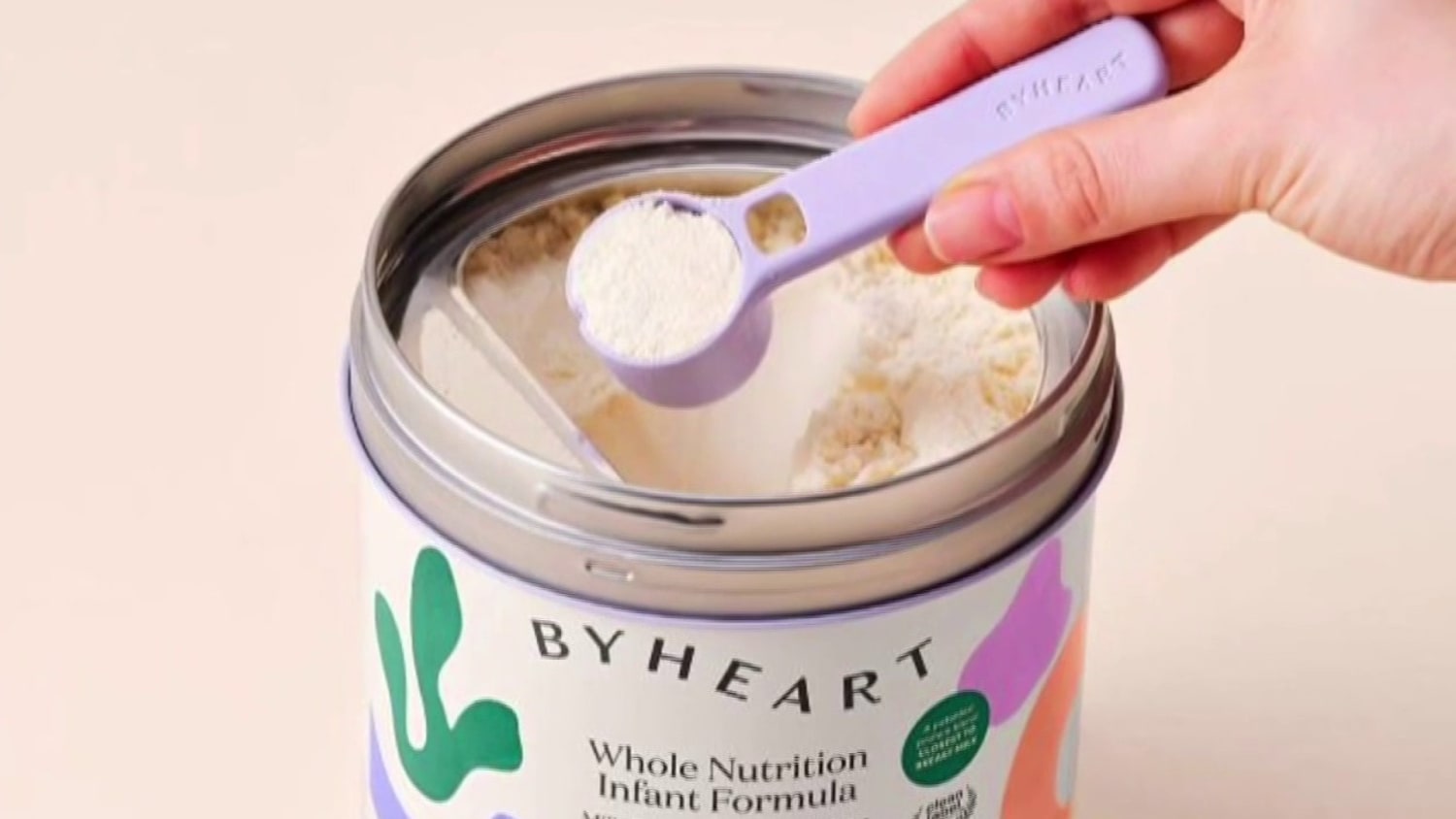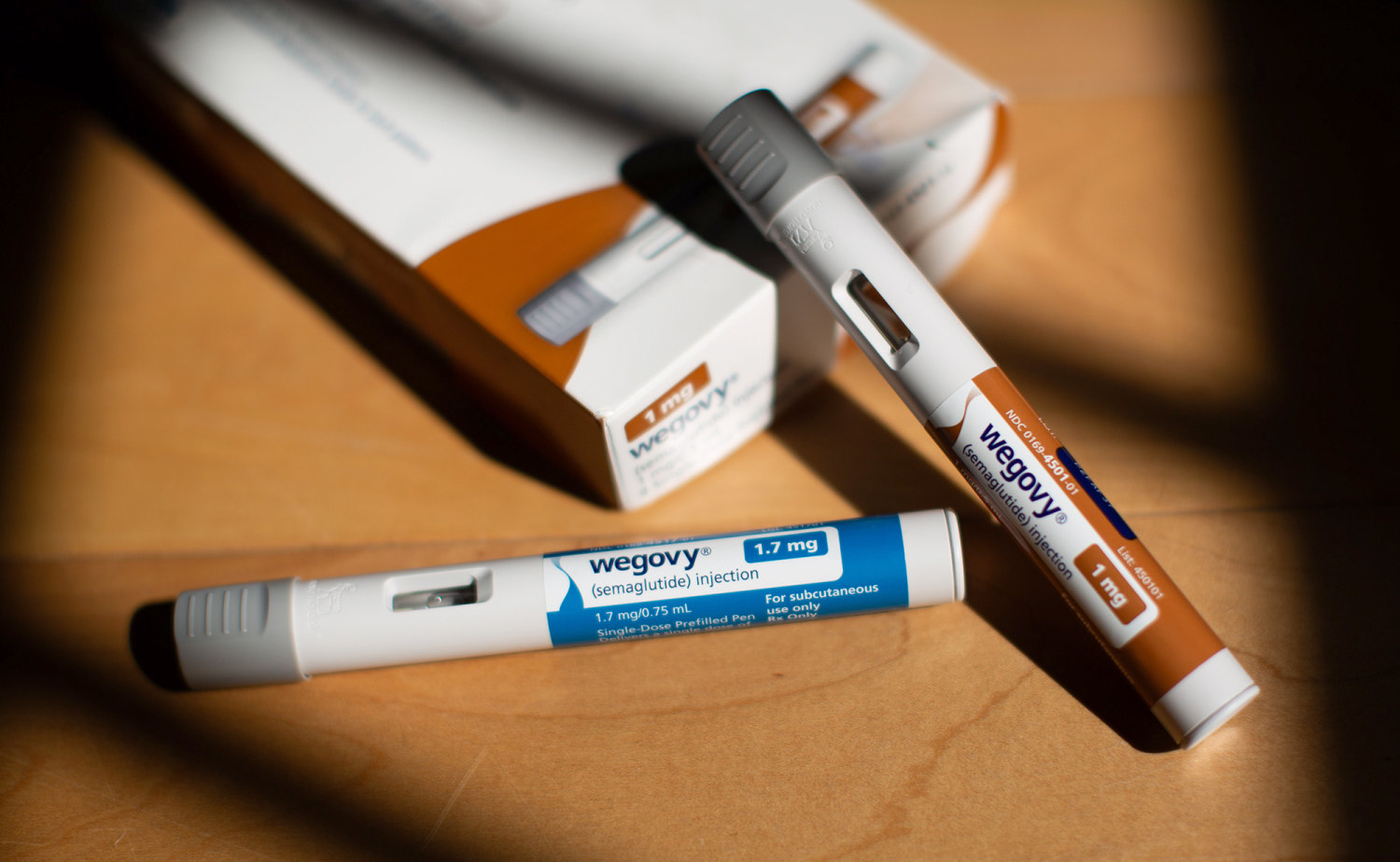A significant withdrawal of infant formula has been declared throughout the United States due to a widespread occurrence of infantile botulism associated with ByHeart’s powdered goods. The corporation, confronted with increasing safety worries, has removed all production lots from sale as health authorities escalate their inquiry.
ByHeart, a New York–based manufacturer of infant formula, has issued a complete recall of its products after federal health authorities connected multiple cases of infant botulism to its organic Whole Nutrition Infant Formula. The U.S. Food and Drug Administration (FDA) confirmed that since August, at least 15 cases have been reported in 12 different states, most affecting babies under six months old. The recall, initially limited to two production lots, has now expanded to include every batch sold in both cans and “anywhere packs” — single-use sealed pouches designed for convenience.
The firm’s choice comes after a formal inquiry initiated by the FDA this past weekend, following indications of possible contamination of the powdered formula with Clostridium botulinum, a bacterium responsible for a potent neurotoxin. When consumed by babies, this microorganism can trigger a rare yet severe condition called infant botulism, which affects the nervous system and may result in muscle weakness, respiratory issues, and, in extreme instances, paralysis.
ByHeart’s co-founder and president, Mia Funt, stated in a public announcement that the recall was driven by a dedication to openness and the protection of children. “The security and health of every baby consuming our formula remains, and will forever be, our foremost concern,” she declared. “This national recall demonstrates our resolve to safeguard infants and provide families with precise, practical details. In conjunction with this recall, we are undertaking a thorough inquiry to furnish the responses parents anticipate and merit.”
The expanding epidemic and its link to ByHeart infant formula
According to the Centers for Disease Control and Prevention (CDC), infant botulism develops when Clostridium botulinum spores sprout and generate toxins within a baby’s digestive tract. Initial indicators often involve constipation, feeding difficulties, diminished muscle tone, and faint cries. Without prompt medical attention, the illness can quickly worsen and potentially become fatal. Thankfully, no fatalities have been recorded thus far in relation to this particular outbreak.
The FDA reported that from August 1 to early November, 84 babies nationwide were treated for infant botulism. Of these, 15 cases involved confirmed or suspected exposure to ByHeart’s Whole Nutrition Infant Formula, all of whom needed hospital care. The FDA highlighted that “ByHeart formula seems to be overrepresented among the affected infants,” noting that the brand constitutes only approximately 1% of the overall U.S. infant formula market.
The affected cases have been identified in Arizona, California, Illinois, Kentucky, Minnesota, North Carolina, New Jersey, Oregon, Pennsylvania, Rhode Island, Texas, and Washington. Health authorities have not found evidence linking any other brands or shared exposures to the illness, though investigations remain ongoing.
Guidance for parents and caregivers
In response to the recall, federal authorities have strongly advised parents and guardians to cease using any ByHeart infant formula without delay. For those who have already given their infants this product, it is recommended to carefully observe for signs of botulism, as the condition can manifest several weeks following exposure.
The FDA has provided clear guidelines: if a baby who consumed the formula exhibits no symptoms within a month, the leftover product should be safely disposed of. Nevertheless, should signs like constipation, feebleness, or trouble swallowing manifest, guardians must retain any unconsumed formula for lab analysis and promptly seek medical attention.
Health professionals stress that prompt medical care is crucial for recuperation. The main therapy, called botulism immune globulin, is capable of neutralizing the toxin when given quickly, thereby enhancing results and decreasing adverse effects.
ByHeart’s response and cooperation with investigators
ByHeart has consistently asserted its close collaboration with public health authorities to pinpoint the origin of the contamination. The company has extended an invitation to both the FDA and the CDC to examine sealed containers from its premises, aiming to furnish more precise information and alleviate consumer concerns. In a statement issued on Tuesday, ByHeart declared, “We are providing our full cooperation to federal and state investigators, granting them complete access to our manufacturing locations and product specimens.”
The firm additionally pointed out that no existing rules mandate formula producers, both local and international, to screen for Clostridium botulinum. This lack of compulsory testing, according to specialists, underscores a wider susceptibility within the U.S. baby formula distribution network — a system that has encountered frequent interruptions and safety concerns over the past few years.
The California Department of Public Health was reportedly the first to notice an unusual increase in infant botulism cases among babies who had consumed ByHeart products, prompting state officials to alert federal authorities. The collaboration between the FDA and California health officials has since expanded into a nationwide effort to trace the distribution and contamination points of the recalled formula.
Broader implications for the infant formula industry
This recent product withdrawal contributes to a series of difficulties confronting the American baby formula sector, which has been subject to close examination ever since the 2022 supply disruption that occurred after the shutdown of Abbott Nutrition’s facility in Sturgis, Michigan. That closure, initiated due to worries about bacterial contamination, resulted in several months of widespread scarcity and heightened public consciousness regarding formula safety.
Experts anticipate that the ByHeart recall might further erode consumer confidence and product accessibility, given that smaller producers have found it challenging to meet demand while upholding stringent safety protocols. “Parents depend on formula producers not just for nourishment but also for reassurance,” stated a pediatric nutrition expert. “Events such as this undermine public trust and highlight the necessity for more rigorous supervision and examination.”
The recall also raises questions about the complexity of the formula production process. Powdered infant formula, unlike liquid or ready-to-feed versions, carries a slightly higher risk of contamination because it is not sterile. This risk underscores the importance of precise manufacturing practices, environmental monitoring, and post-market testing — factors that have now become central to the FDA’s review of ByHeart’s operations.
Protecting infant health and consumer trust
For families affected by the recall, the immediate concern is safety and clarity. The FDA continues to update its guidance on the outbreak and is expected to release additional information as testing progresses. Meanwhile, healthcare providers are urging parents not to panic but to stay alert for symptoms and to contact pediatricians if any health issues arise.
ByHeart’s extensive product withdrawal, though inconvenient, could aid in controlling the spread and averting additional illnesses. The firm has underscored its dedication to openness and collaboration, promising to release test outcomes publicly once they are ready. “We are taking every measure to comprehend the root cause of the issue and to ensure it does not recur,” the company declared.
As the investigation continues, the incident serves as a reminder of the delicate balance between innovation and safety in infant nutrition. The formula industry — essential to millions of families — operates under enormous responsibility. Ensuring that every product is safe, sterile, and rigorously tested remains not only a regulatory obligation but a moral imperative.
The ongoing events involving ByHeart highlight the necessity of strong supervision, constant vigilance, and transparent dialogue among producers, regulatory bodies, and the public. For parents and guardians, this also serves as a reminder to remain updated and attentive, understanding that product safety recalls, though concerning, are vital measures for safeguarding the most impressionable and susceptible individuals in our community.



